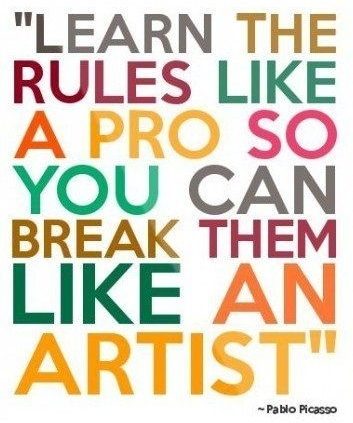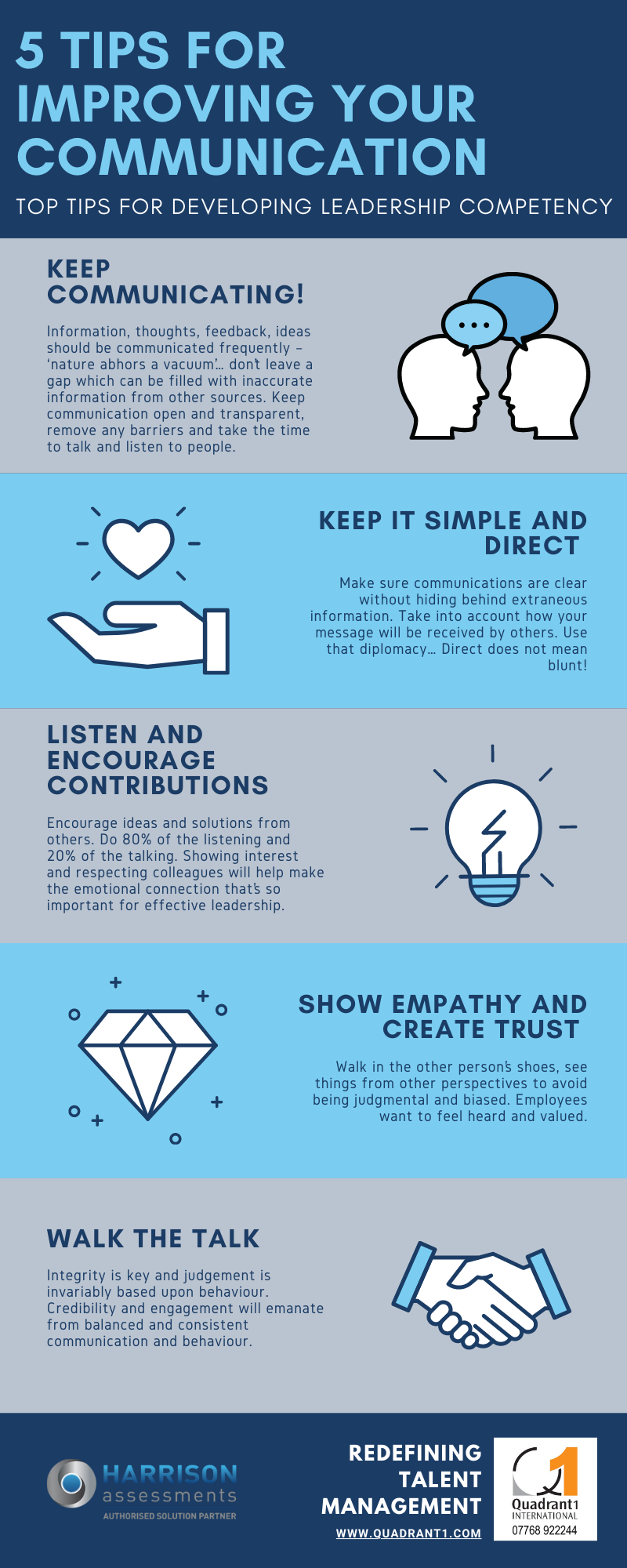Is that meeting really necessary?

Several years ago I worked with an organisation who called their UK sales reps into a meeting every Monday morning to report on the previous week. There were at least 30 and each one had to contribute. They were allowed to take their laptops into the meeting so the practice was for each rep to continue working whilst waiting for their turn to speak. Effectively no-one except the Sales Director was actually listening to each presentation. Add up the cost of all these salaries, the travel costs and the cost of lost time potentially speaking with customers and this was an extremely expensive exercise.
Of course, things have changed now – the pandemic has probably been responsible for the explosion in on-line meetings which of course are less time consuming and require less travel. Commendable for all sorts of reasons. So why is it I still hear of people switching off the camera, carrying on with emails, eating their breakfast and, in one case, going to take a bath while the meeting is in progress?
Regular meetings usually lose their flavour after a while and become a chore. I’ve even heard people say ‘Crikey we’ve got XYZ meeting coming up – what are we going to talk about?’ What a complete waste of everyone’s time!
Making Meetings Valuable
The best way to evaluate your proposed meeting is to use the Alignment model as follows –
Purpose
What is this meeting for? What do you want people to DO as a result? If it is just information dumping then send them a report, a spec, product release notes or something else – don’t waste their time in a meeting with all the associated costs.
Identity/Role
Who needs to be there and what role are they playing – facilitator, action taker, expert, learner, explorer. If people don’t have a role to play don’t invite them – they will thank you for it! Equally if you get invited to a meeting where you have no perceived role then have the courage to ask if its necessary for you to be there and what role you will be expected to play.
Values/Beliefs
Is this meeting important and, if so, what is important about it and to whom? What do you believe about the outcomes? Are they positive beliefs or negative? If negative can you reframe them into something positive and look for the possibilities so that you don’t arrive at the meeting as a ‘naysayer’?
Capability
If the stated outcomes for the meeting are agreed upon do you and the organisation have the capability to carry them through? If not what’s missing and how are you going to fill the gap? Do you have the resources to do so?
Behaviour
If you achieve this outcome what behavioural changes would you expect to see in the organisation or team? Are these acceptable and do they add value to the organisation?
Environment
How would achieving this outcome impacted not only your immediate environment, but that of the team, the organisation and even possibly the community?
Taking these few simple steps before setting up a meeting will help you to –
- Stay focused
- Maintain employee engagement
- Cut costs
- Achieve outcomes
- Free up time
Happy meeting!
> > DOWNLOAD A FREE PDF OF THE Q1 MEETINGS ALIGNMENT MODEL < <
Pat Hutchinson, Quadrant 1 International Ltd pat@quadrant1.com
PS – When you try this approach, please do write to me and let me know of your successes! I look forward to hearing from you.






 Are your rules helping or hindering?
Are your rules helping or hindering?

